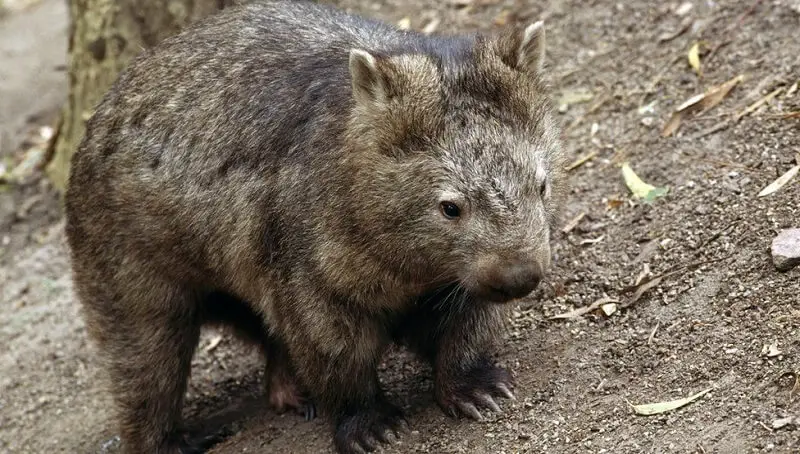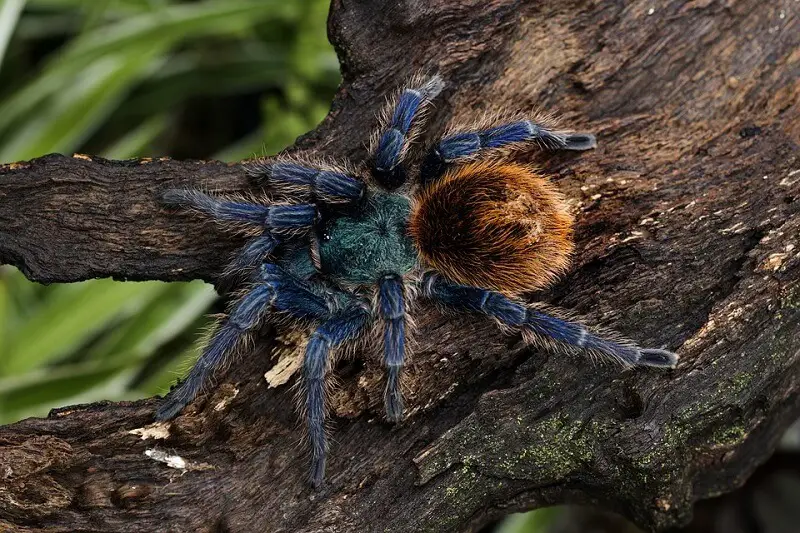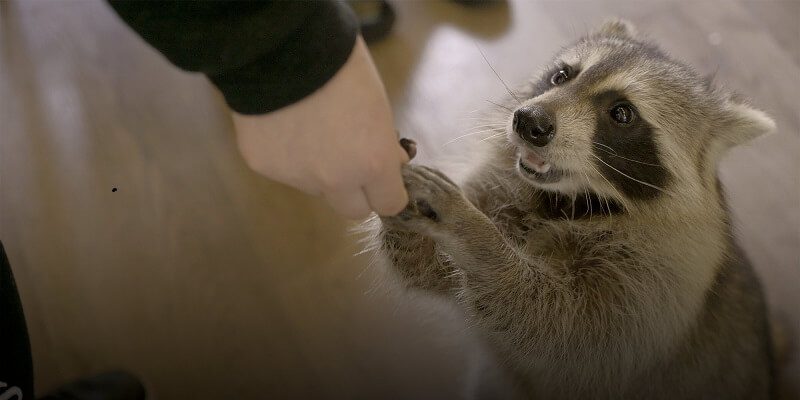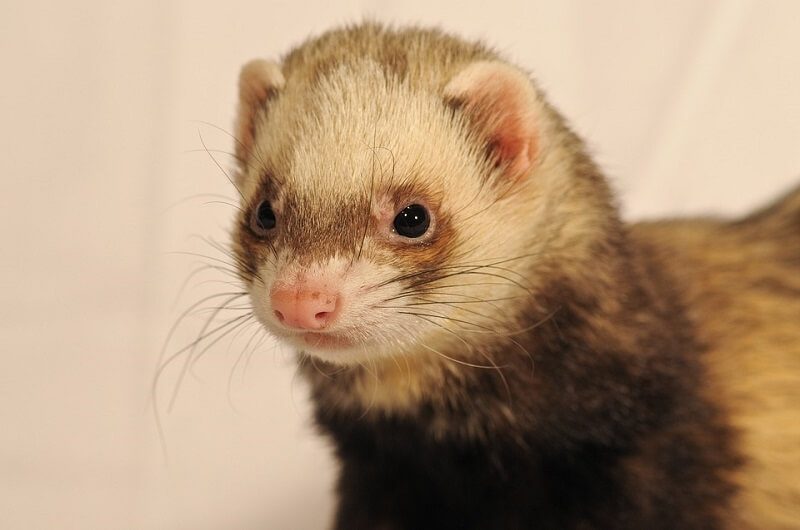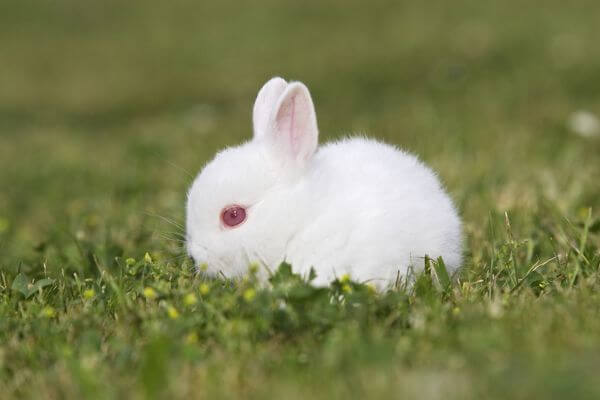Yes, I know, wombats are very cute and seem pretty cuddly, which is why a lot of people consider getting one as a pet. But what you might not know is that these animals are actually pretty dangerous in general and aren’t recommended as pets.
Wombats are those popular burrowing herbivorous marsupials that originate in Australia. These mammals look like very cute, small bears and belong to the family called Vombatidae.
A Short Warning
The first very important thing you should know before actually considering a wombat as a possible pet is that this is a protected species, which makes owning one specimen as a pet illegal in most of Australia. You will only be able to keep one in captivity if you are a registered wildlife carer. You will also be unable to export this particular animal from Australia to any other country.
You might also like my articles on whether armadillos lay eggs, whether a man can beat a kangaroo, and on why are kangaroos so buff.
Australia is known to house three different species of wombats. These are the common wombat and two species of hairy-nosed wombat. They can be found in a range of colors, from grey to black and from sandy to brown. They are pretty solid and considerably large. Their lifespan in the wild will be around 15 years. While in captivity, if they are properly taken care of, they might even live to about 20 years. The weight of the adult wombat will be anywhere between 20 and 40 kg.
Wombats are wild species, categorized as exotic pets, which are found in captivity in very rare cases. Even though they aren’t the type of animals that make very good pets, people still want to raise one due to their cuddly look and cute appearance. A very important aspect you should keep in mind is that adult wombats are considered very dangerous and can become aggressive quite often. This is one of the reasons why a wombat won’t make for a good pet. Below you will find some other reasons as well.
Their natural habitat suits them better
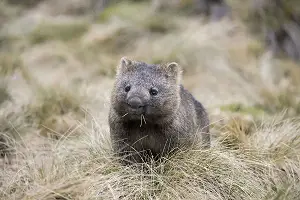 As with most other exotic pets, while in the wild, they have some habits and behaviors that they won’t be able to follow while in captivity. This is why they will have a very hard time adapting to life in captivity and acting as tamed, domesticated pets. You will hardly ever see them in the wild, mostly because they are nocturnal creatures, that do most of their activities throughout the night. They also like to be left alone and are pretty solitary creatures, so life around humans will surely be something they’d despise. They also like to dig, hide, and live most of their lives in burrows that can reach 30 meters in depth. Digging will be pretty hard while in a cage.
As with most other exotic pets, while in the wild, they have some habits and behaviors that they won’t be able to follow while in captivity. This is why they will have a very hard time adapting to life in captivity and acting as tamed, domesticated pets. You will hardly ever see them in the wild, mostly because they are nocturnal creatures, that do most of their activities throughout the night. They also like to be left alone and are pretty solitary creatures, so life around humans will surely be something they’d despise. They also like to dig, hide, and live most of their lives in burrows that can reach 30 meters in depth. Digging will be pretty hard while in a cage.
When they reach adulthood, they go through some behavior changes
You might be fooled by their very affectionate and cute behavior while they are young. However, as they grow, they will become more and more unpredictable and unfriendly. They also develop impressive strength while growing to their impressive size.
They can attack their owner
Most of the time, a wombat won’t be aggressive toward a human without reason, but from time to time they might attack, and their deep bites and sharp claws can do serious damage. When they charge a human, they can push them to the ground and cause all kinds of injuries and even break some bones. They will usually attack in an effort to defend themselves from something they consider a threat or as a response to being angered. Aside from these two reasons, they might even attack out of grumpiness or because they want to be left alone.
They can really cause damage
They can really hurt people but aside from that, their impressive strength can make them very destructive, being able to tear holes through walls, doors, and fences. They will basically be able to destroy most man-made structures, aside from those made of steel or concrete. If kept inside a home, they can eventually destroy it completely. While digging, they will break and destroy anything that will stay in the way of their future burrow. When a human is faced with this powerful animal, its strength and speed will surely make this encounter very dangerous.
If you do want to help a wombat, raising it as a pet isn’t the best option. For example, in Australia, there are a lot of charitable organizations you can donate to, that will protect these creatures. If you find an orphan or an injured wombat, instead of taking it home, you should take it to people that are specifically trained to offer proper medical attention and care. They will usually only take care of the animal until it is able to take care of itself and then set it free in the wild.
